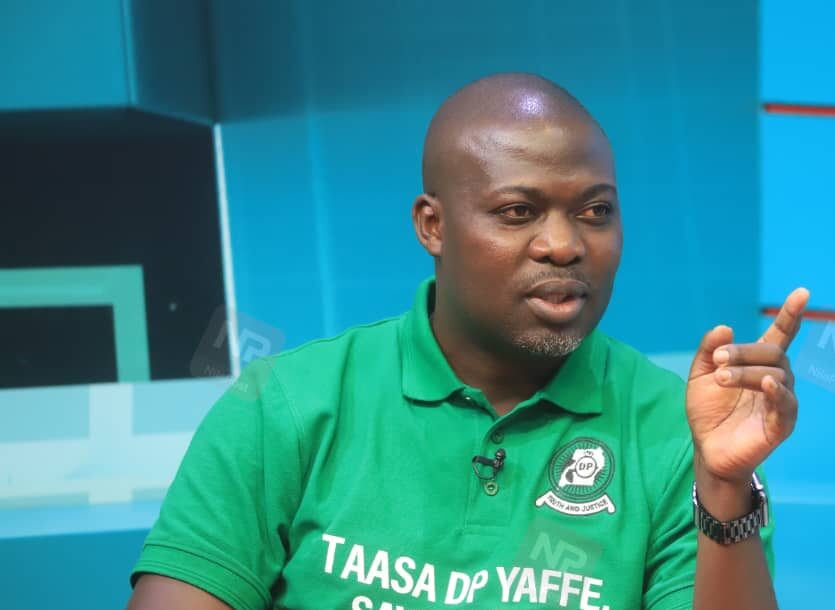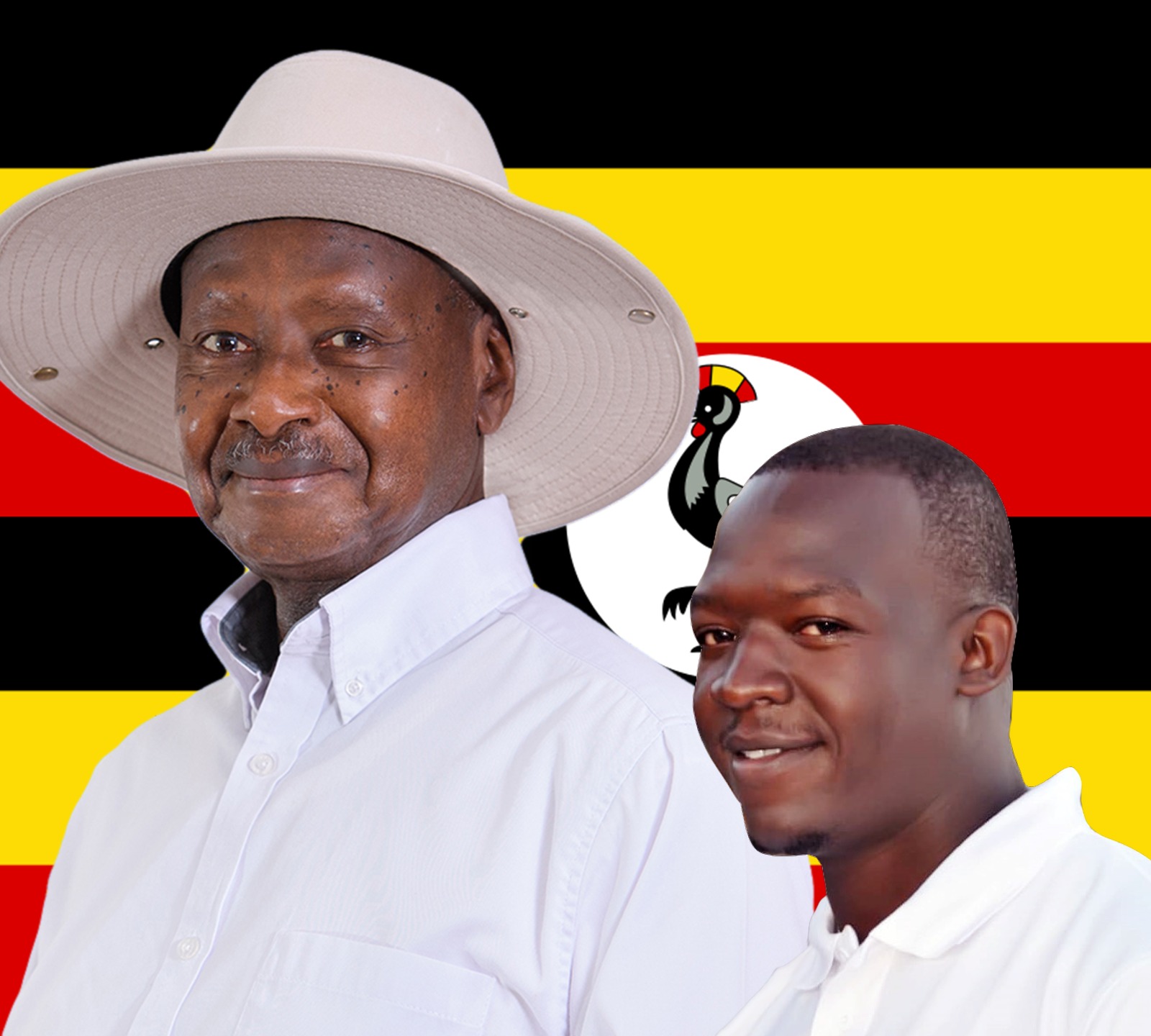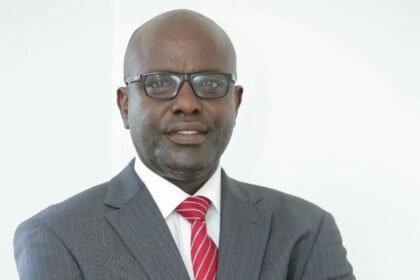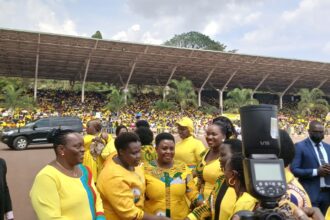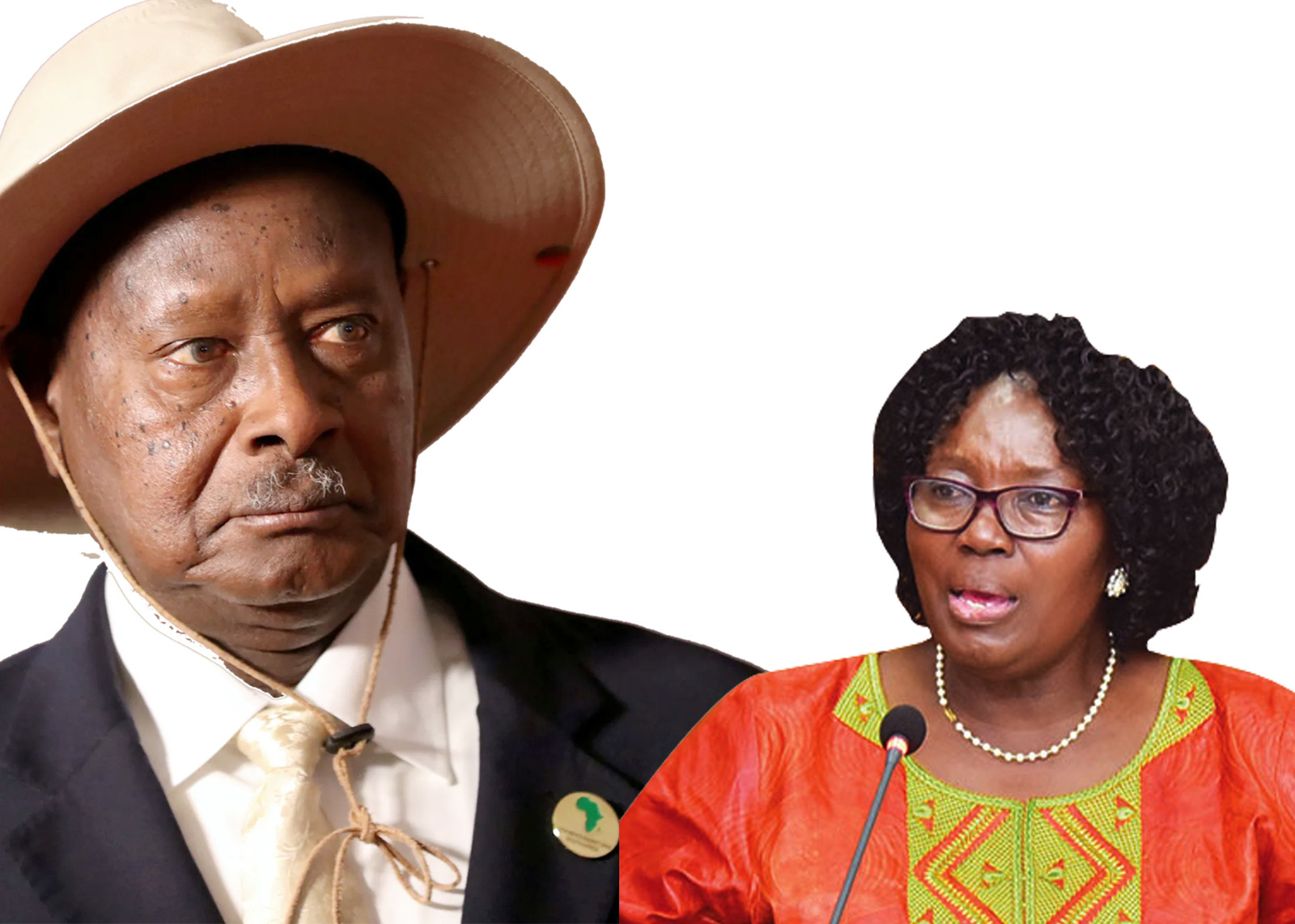KAMPALA, Uganda — As Uganda’s Democratic Party (DP) navigates internal strife and a shifting political landscape ahead of the 2026 elections, the contest between Hon. Richard Sebamala and Hon. Norbert Mao for party leadership highlights contrasting visions and qualities. While both men have deep ties to DP, Sebamala’s fresh perspective, grassroots focus, and independence from the ruling National Resistance Movement (NRM) position him as the stronger candidate to revive DP and align it with its historic mission of truth, justice, and opposition leadership.
Leadership Qualities
Richard Sebamala, 46, brings a dynamic blend of pragmatism and principle. A civil engineer and businessman turned politician, he rose to prominence by defeating former Vice President Edward Ssekandi in the 2021 Bukoto Central parliamentary race, showcasing his ability to challenge entrenched power.
His background as a former seminarian and Masaka DP chairman reflects a disciplined, community-driven approach. Sebamala’s leadership is collaborative, emphasizing unity across party factions. His vocal criticism of government corruption and focus on service delivery resonate with younger voters and DP’s traditional base, earning him respect as a leader who prioritizes people over personal gain.
Norbert Mao, 58, is a seasoned politician and lawyer with a commanding presence. Leading DP since 2010, Mao’s eloquence and international exposure, including a Yale World Fellows stint, have made him a prominent advocate for democracy and peace, notably in northern Uganda’s conflict resolution. His tenure as Gulu District chairman and MP highlights his administrative experience. However, Mao’s decision-making has grown divisive, with critics accusing him of centralizing power and sidelining dissent, particularly among DP’s youth wing. His 2022 appointment as justice minister under President Yoweri Museveni has eroded trust, painting him as compromising DP’s opposition stance.
Vision for the Democratic Party
Sebamala envisions a revitalized DP that reclaims its role as Uganda’s leading opposition force. He advocates rebuilding grassroots structures, restoring internal democracy, and appealing to a new generation disillusioned by NRM’s dominance. His push to suspend DP’s cooperation agreement with NRM, endorsed at the 2025 Soroti conference, underscores his commitment to independence.
Sebamala’s focus on transparency—evident in his challenge to alleged constitutional amendments—aims to restore DP’s credibility. He seeks to unify the party’s fractured base, leveraging his Masaka stronghold to expand influence nationwide, positioning DP to challenge for the presidency.
Mao’s vision, once rooted in DP’s core values, has shifted toward pragmatism. His 2022 NRM alliance aimed to secure political leverage, but critics argue it reduced DP to a subordinate role, alienating members who defected to parties like the National Unity Platform (NUP). Mao defends the pact as a strategic move to stabilize Uganda, citing historical unity efforts. Yet, his leadership has been marred by accusations of manipulating delegate lists and stifling internal elections, weakening DP’s democratic ethos. His ministerial role limits his ability to critique Museveni’s government, dimming DP’s opposition voice.
Why Sebamala is the Right Leader
Sebamala’s independence from NRM sets him apart. Unlike Mao, whose cabinet position ties him to Museveni’s agenda, Sebamala’s record reflects unwavering opposition, aligning with DP’s founding mission to champion justice against ruling-party overreach. His 2021 victory over Ssekandi proves he can win tough battles, a skill DP needs to regain relevance. At 45, Sebamala connects with Uganda’s youthful majority, offering a forward-looking agenda unburdened by past compromises. His engineering background fosters a problem-solving mindset, ideal for addressing DP’s internal chaos and rebuilding trust.
Mao’s experience, while valuable, is overshadowed by perceptions of opportunism. His NRM pact, opposed by MPs like Sebamala, cost DP its moral authority, with defections signaling a loss of grassroots support. Mao’s resistance to stepping down, despite mounting pressure, suggests a reluctance to prioritize party unity over personal ambition. Posts on X reflect growing sentiment for change, with hashtags like #SebamalaForDP gaining traction, indicating Mao’s waning influence.
Challenges and Context
Both leaders face a fractured DP, with historical factionalism and
NRM’s dominance posing hurdles. Sebamala must overcome Mao’s loyalists and navigate allegations of being “too new” to lead, though his five-year National Executive Council tenure counters this. Mao’s challenge is rebuilding trust while defending a controversial legacy. Uganda’s opposition landscape, with NUP’s rise, demands a DP that can differentiate itself—Sebamala’s grassroots focus offers that edge.
Conclusion
Sebamala’s integrity, independence, and unifying vision make him the right leader to steer DP toward its desired future: a robust, credible opposition party poised to challenge for power. Mao’s tenure, marked by strategic missteps, has diminished DP’s stature. As 2026 looms, Sebamala’s ability to inspire and mobilize signals a new chapter for DP, one that could finally fulfill its promise to Uganda’s people.
Do you have a story in your community or an opinion to share with us: Email us at Submit an Article



